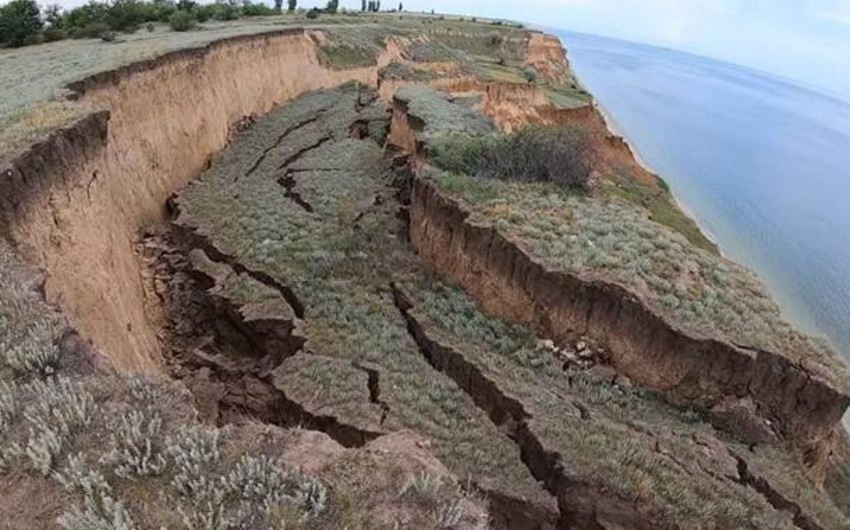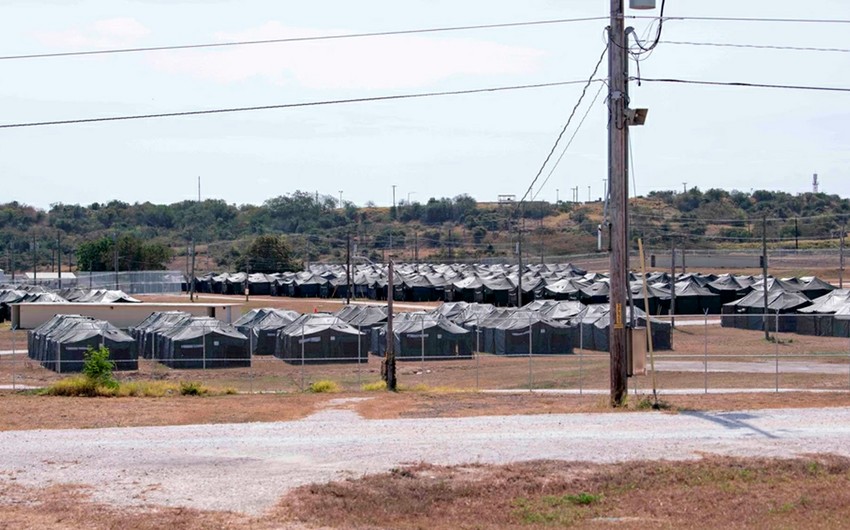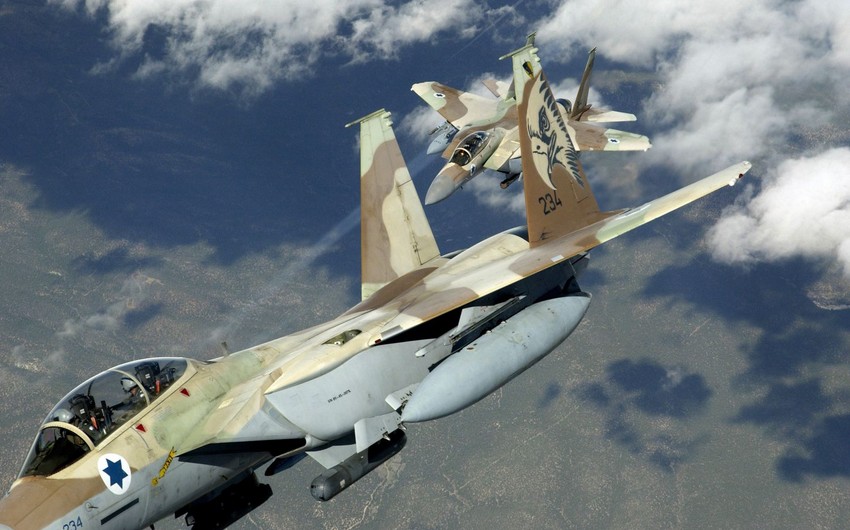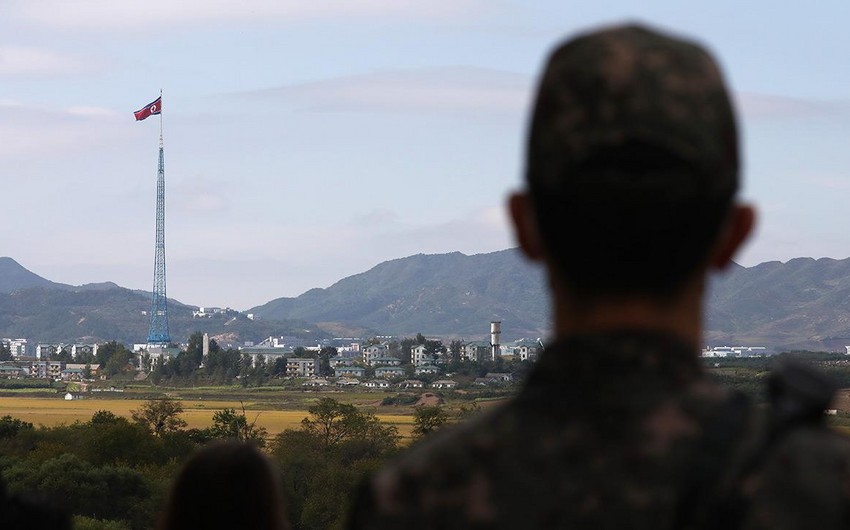Armenia should refrain from irresponsible and meaningless arguments on regional communications and transportation, said Taras Kuzio.
It should be noted that on 26 November, President of the Republic of Azerbaijan Ilham Aliyev, President of Russian Federation Vladimir Putin and Prime minister of the Republic of Armenia Nikol Pashinyan signed the third trilateral statement in the city of Sochi.
The trilateral statement, which is directed to promote the strengthening of the peace process between Armenia and Azerbaijan, consists of three important points: the issues of delimitation and demarcation, regional communications and the normalization of relations between Armenia and Azerbaijan.
A number of experts in Armenia and Azerbaijan have made arguments on whether this statement has the positive effects on the common understanding between Armenia and Azerbaijan on stability and peace in the region.
Speaking to Eurasia Diary, Taras Kuzio, expert on the post-soviet studies, believed that many agreements, which were signed in the period of three decades, have never been realized.

“We know from three decades of post-Soviet life in the CIS that politicians like to sign agreements and that 95% of them are never implemented. It is very good that such an agreement was signed between Armenia and Azerbaijan because it shows that Prime Minister Pashinyan is afraid of another war with Azerbaijan, as seen in the military clashes on 16 October, which would be devastating for his country and army,” Kuzio noted.
At the same time, Kuzio added that the Pashinyan government cannot dare to make concessions on the territorial issues, as he is under the pressure of Armenian lobby and the nationalist groups in the country.
“We should know that Pashinyan has limited room to manoeuvre because he is also under pressure from the domestic nationalist lobby and the Armenian diaspora (which is influential in the Ministry of Foreign Affairs) to not compromise over territories,” he said.
According to expert, Armenia should avoid arguing over whether the regional communications should be called a corridor or not.
“As we say in Britain, “the proof is in the pudding.” Signing an agreement is easy but implementing it is far more difficult. Armenia and Azerbaijan signed a similar agreement last year but nothing much was implemented. One of the two questions discussed at the meeting was renewing transportation and economic links. Armenia is acting irresponsibly by arguing over whether the link from Azerbaijan to Nakichevan should or should not be called a “corridor.” Why does it matter if it is called a “corridor” or a “land passage”?”, he stressed.
Kuzio believes that Armenia should return all exclaves to Azerbaijan and comply with the provisions of all trilateral agreements.
“If Yerevan wants to prove its commitment to trilateral agreements then it should withdraw from seven villages in the Qazakh region of north-western Azerbaijan which were clearly part of the Soviet Azerbaijani republic. Ultimately, the most important step forward – and the only way is for Armenia to accept that the internal Soviet republican boundaries should be the basis for international borders between post-Soviet republics. Once this is accepted by Armenia, then the process of delimitation based on maps from the late Soviet Union can begin followed by demarcation. The experience of other post-Soviet republics shows that delimitation, once it begins, will not take place overnight. Demarcation – the placing of border posts and fences - is likely to be more complicated,” he noted/
“The question of Karabakh was not mentioned during the talks. It is unlikely that Pashinyan and Armenians in general are ready to recognise that what they call the “Republic of Artsakh” is actually under Soviet and international law, Azerbaijani sovereign territory. This may take more time and more pressure from Azerbaijan,” he added.
Yunis Abdullayev





.jpeg)




